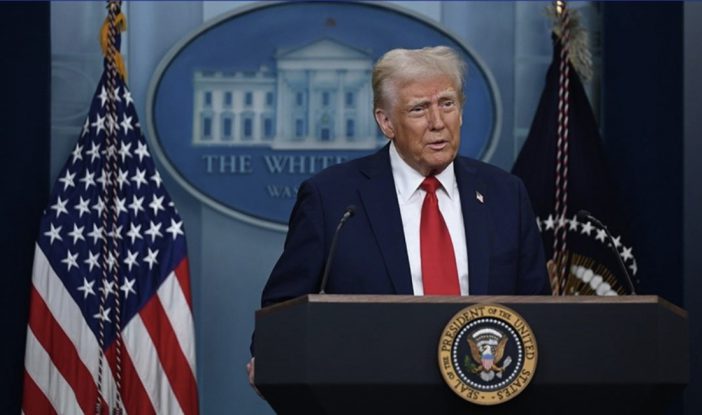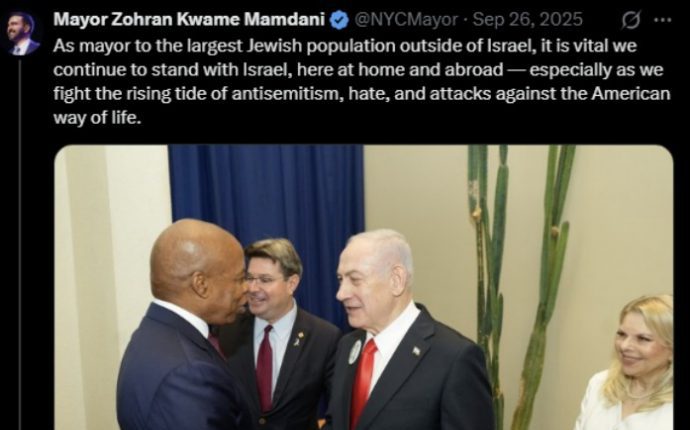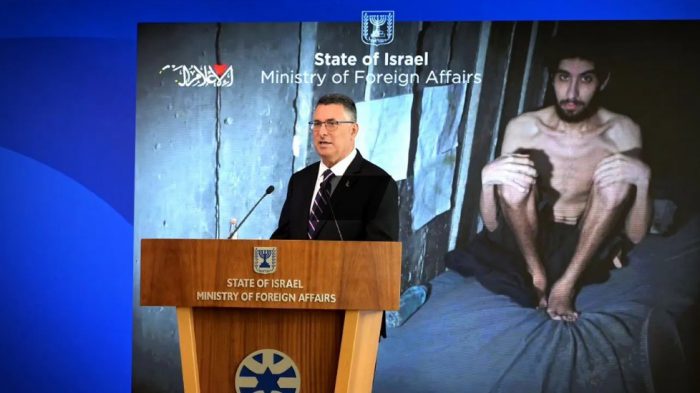Trump shocks hardliners, urging expansion of H-1B visas to fill defense and manufacturing jobs Americans “don’t yet have skills for.”
In a surprise reversal of his long-held immigration rhetoric, U.S. President Donald Trump ignited uproar within his MAGA base by openly advocating for more skilled foreign workers under the H-1B visa program, declaring that America must “bring this talent” to keep its industries ahead of China and the world.
Speaking to Fox News host Laura Ingraham on Tuesday, Trump acknowledged that the United States faces a critical shortage of technical expertise, particularly in high-security sectors such as manufacturing, defense, and advanced engineering.
“I agree, but you also have to bring this talent,” Trump said, when asked whether H-1B reform was still on his agenda.
While reaffirming his commitment to raising wages for American workers, Trump bluntly admitted that the nation’s current labor pool lacks specific skills required for cutting-edge production lines.
“No, you don’t [have those skills],” he told Ingraham. “You can’t take people off the unemployment line and say, ‘I’m going to put you into a factory where we’re going to make missiles.’”
The comment sent shockwaves through conservative circles that had long hailed Trump’s “America First” stance on curbing foreign labor. Yet his words also resonated with defense and tech leaders who argue that America’s industrial revival and military competitiveness depend on top-tier engineers — including those from India, Israel, and allied nations — under tightly regulated visa programs.
Political analysts noted that Trump’s message reflects strategic pragmatism, not ideological retreat: as Washington boosts production of advanced weapons and AI defense systems, a lack of domestic STEM talent poses a direct national security risk.
By signaling openness to skilled immigration, Trump appears to be repositioning his economic nationalism toward industrial self-sufficiency through global expertise — a fusion of hardline patriotism and selective openness.
In a surprise reversal of his long-held immigration rhetoric, U.S. President Donald Trump ignited uproar within his MAGA base by openly advocating for more skilled foreign workers under the H-1B visa program, declaring that America must “bring this talent” to keep its industries ahead of China and the world.
Speaking to Fox News host Laura Ingraham on Tuesday, Trump acknowledged that the United States faces a critical shortage of technical expertise, particularly in high-security sectors such as manufacturing, defense, and advanced engineering.
“I agree, but you also have to bring this talent,” Trump said, when asked whether H-1B reform was still on his agenda.
While reaffirming his commitment to raising wages for American workers, Trump bluntly admitted that the nation’s current labor pool lacks specific skills required for cutting-edge production lines.
“No, you don’t [have those skills],” he told Ingraham. “You can’t take people off the unemployment line and say, ‘I’m going to put you into a factory where we’re going to make missiles.’”
The comment sent shockwaves through conservative circles that had long hailed Trump’s “America First” stance on curbing foreign labor. Yet his words also resonated with defense and tech leaders who argue that America’s industrial revival and military competitiveness depend on top-tier engineers — including those from India, Israel, and allied nations — under tightly regulated visa programs.
Political analysts noted that Trump’s message reflects strategic pragmatism, not ideological retreat: as Washington boosts production of advanced weapons and AI defense systems, a lack of domestic STEM talent poses a direct national security risk.
By signaling openness to skilled immigration, Trump appears to be repositioning his economic nationalism toward industrial self-sufficiency through global expertise — a fusion of hardline patriotism and selective openness.
“Trump is recognizing that defending America also means importing brains,” one defense analyst remarked. “He’s saying: we can’t win the 21st-century arms race with 20th-century skills.”





